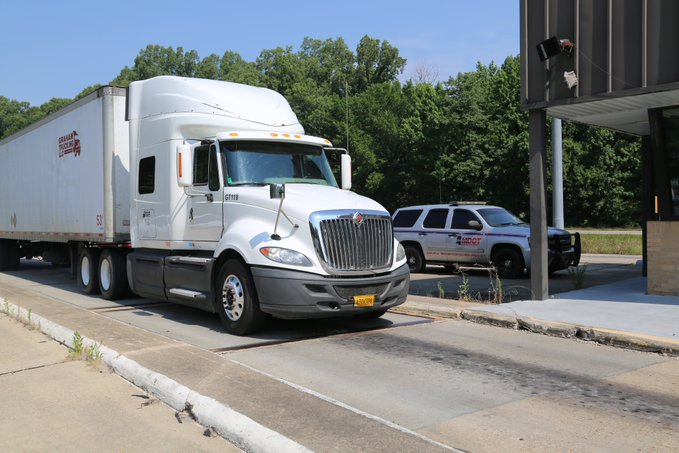Mississippi has joined a 21-state coalition in filing a lawsuit challenging a recent federal climate rule, which mandates that states with federal interstates and highways must adopt stringent CO2 emissions standards.
The rule would require states to track on-road carbon dioxide emissions and set reduction goals aimed at achieving net zero emissions by 2050.

Attorney General Lynn Fitch joined the suit because she found the latest regulation to be evidence of overreach by the Biden Administration and stated that federal agencies have no authority to force states to reduce greenhouse gas emissions — particularly on the roadways — absent of congressional approval.
“The Administration is attempting to co-opt states to carry out its extreme climate change agenda by unlawfully requiring states to reduce greenhouse gas emissions,” Fitch wrote in the complaint. “But President Biden’s Department of Transportation (DOT) and Federal Highway Authority (FHWA) lack authority to regulate in this area, let alone the power to force states to comply with their federal regulatory program.”
The FHWA in late November, announced that it would be incorporating the following to reduce emissions:
- Adding a new greenhouse gas performance management measure to the existing FHWA national performance measures to establish a national framework to help states track performance and make more informed investment decisions.
- Creating a flexible system under which state DOTs and MPOs will set their own targets for reducing greenhouse gas emissions from roadway travel.
In the lawsuit against the new motion by the agency, the states argued that they are not compelled to follow any mandate set without a law passed by congressional leaders. The state attorneys general also asserted that they are not required to adhere to a federal program that calls on them to regulate greenhouse gas emissions.
In the complaint filed in the United States District Court in Paducah, Ky., the states explain, “Congress has not given FHWA or DOT authority to regulate greenhouse gas emissions. Nor can the agencies compel the states to administer a federal regulatory program or mandate them to further executive policy wishes absent some other authority to do so — which is lacking as to this rule.”
A similar rule introduced by the FWHA in recent years was repealed after the agency determined that the measure may duplicate existing efforts in some states and impose “unnecessary burdens” on state departments of transportation and metropolitan planning organizations that were not contemplated by Congress.
Attorneys General from the following states joined Mississippi in filing the complaint: Alabama, Alaska, Arkansas, Florida, Idaho, Indiana, Iowa, Kansas, Kentucky, Montana, Nebraska, North Dakota, Ohio, Oklahoma, South Dakota, South Carolina, Utah, Virginia, West Virginia, and Wyoming.







